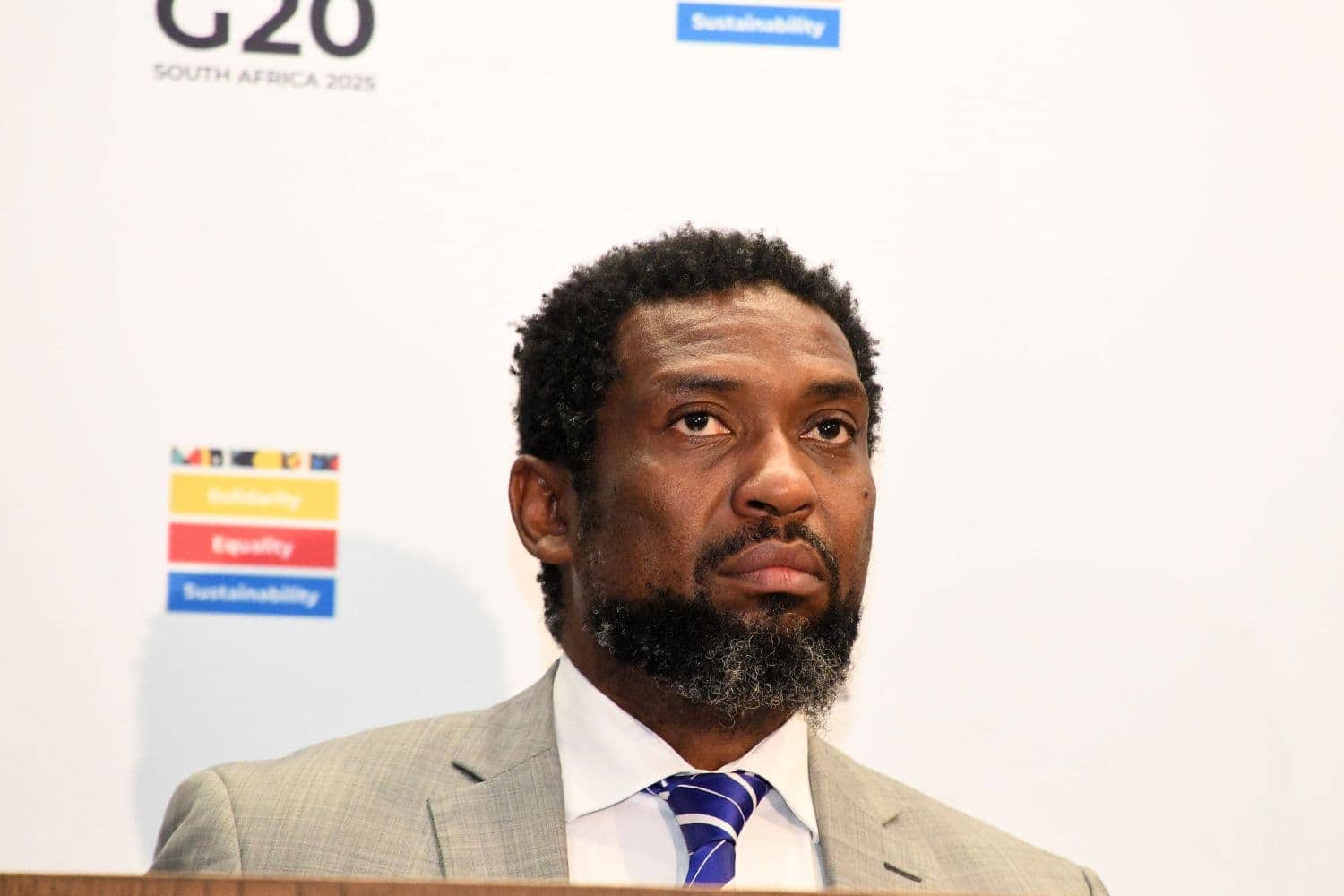Just over 500 000 new spaces will be available across universities, TVET and CET colleges.

Higher Education Minister Buti Manamela has cautioned that only about half of nearly one million matric pupils will be able to access tertiary institutions next year, while emphasising that the nation’s future lies in practical skills rather than purely academic qualifications.
Manamela addressed the media in Pretoria on Monday on the state of readiness of the tertiary education sector for the 2026 academic year.
Preparing for 2026
The minister said the Department of Higher Education and Learning is working to ensure smooth operations in 2026.
This includes funding schemes running efficiently, application procedures being straightforward, campuses being safe, infrastructure being in place, and teaching and learning beginning on schedule without disruption.
He acknowledged the mounting pressure on South Africa’s post-school education and training system – which includes universities, Technical and Vocational Education and Training (TVET) colleges, Community Education and Training (CET) colleges, and Sector Education and Training Authorities (Setas) – as more students pass entry-level exams each year.
Manamela revealed that tertiary institutions will only be able to accommodate around half of the 856 000 matriculants expected to sit for their final examinations this year.
“The reality is that about 850 000 young people will be sitting for exams. If all of them pass, we can only guarantee that the system will absorb half of those,” he said.
ALSO READ: More students than varsities: A South African education crisis
“Between now and the next three months, we will be looking for solutions for the rest of the other young people.
“Some will look for jobs, take a gap year or consider other options, but we must plan for those young people. That’s a big question we must answer soon,” the minister continued.
According to Manamela, public universities will admit roughly 235 000 first-year students in 2026, with a further 170 000 places available at TVET colleges and about 120 000 at CET colleges – bringing the total number of spaces for new entrants to approximately 525 000.
Watch the briefing below:
He also stressed that higher education must go beyond mass enrolment to achieve measurable outcomes.
“Over the years, we have seen progress in access, but uneven success. Dropout rates, particularly in the first year of study, remain high.
“We are now in discussions with institutions to make their throughput and success rates as transparent as we do with Grade 12 results, so that society can track not only how many enter the system, but also how many succeed.”
The minister added that government wanted to avoid “overproducing” by balancing enrolments across fields of study.
Focus on skills and artisans
Manamela further underlined the need to prioritise artisans and technical skills over qualifications that could be replaced by technology.
“Universities will give us the professionals, but the future of the country lies in artisans, apprentices and people with skills who can lay bricks, who can do plumbing and welding.”
ALSO READ: Seta not resolving skills shortage, just eating our tax money
He highlighted that while demand in the construction industry is high, the shortage of skilled workers continues to place the sector under severe strain.
The minister emphasised that government plans to invest money, time and resources in training people with these essential skills.
“That’s where we need to go, it’s cheaper, and provides a better chance for them to be employed.”
Nsfas applications and funding
Manamela announced that the National Student Financial Aid Scheme (Nsfas) will open for applications on Tuesday, with a deadline of 15 November.
“We will not reopen the application after that date.”
He said the department has reallocated R13.3 billion from its current budget to cover the 2025 funding shortfall.
READ MORE: Higher education minister apologises for late Nsfas payments, addresses appeals
This will assist 34 000 students with blocked registrations and 15 000 with second-semester registrations.
“Nsfas will issue a circular today to open the registration portal.
“Student accommodation providers who were impacted by the above will also be in a position to now receive payments for services rendered,” Manamela said.
Despite these measures, Nsfas remains under financial strain due to rising numbers of qualifying students, escalating living costs and expanded eligibility criteria.
According to Manamela, the scheme needs about R75 billion a year to keep pace with student funding.
“We will later in the year announce steps towards the sustainable funding reforms for Nsfas.”
New ‘war room’
In addition, the minister announced that a “war room” will be established to resolve challenges during the 2026 academic year.
He stressed that its purpose is not more meetings, but swift decision-making, problem-solving and clear communication with stakeholders.
“Through the war room, we will tackle outstanding issues head-on: from the timely payment of Nsfas allowances, to the accreditation of student accommodation, the finalisation of examination certificates, and the resolution of disputes that can otherwise disrupt teaching and learning.
“It will also function as an early-warning system, so that potential triggers of protest or disruption are identified and addressed before they escalate.”
Manamela added that all Setas will have fully constituted accounting authorities in place, with the appointment of board chairpersons at an advanced stage of finalisation by the end of the week.
NOW READ: Manamela under fire for another round of ‘unfit’ appointments to Seta boards






